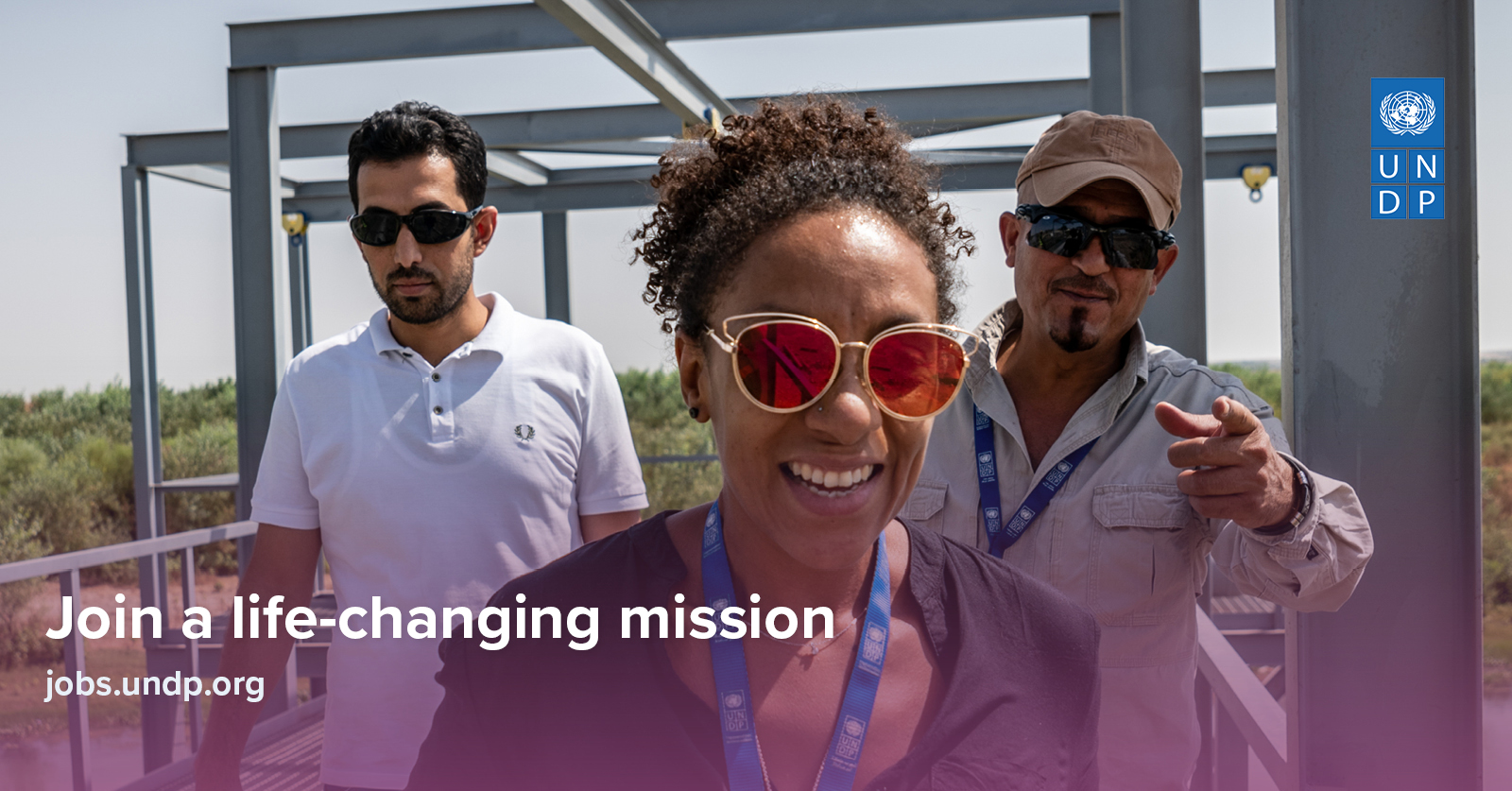
Climate model predictions indicate that the Horn of Africa will experience increased higher temperatures, rainfall variability and extreme events such as flooding and drought that will threaten the population residing in the region and lead to the destruction of hydraulic infrastructure, roads and property in rural areas including agro-pastoral lands. This is particularly visible in Djibouti where highly variable precipitation events and dry periods are predicted to be less prolonged but more frequent than those that have marked Djibouti over the past decade. Without adequate and rapid interventions to reduce the vulnerability of the country to climate change, the water resources and agriculture sectors will be exposed to substantial adverse biophysical and socio-economic impacts.
Climate change is therefore expected to significantly contribute to increasing food insecurity in the country. Djibouti’s rural population, which includes a large pastoralist population, is particularly at risk from increasing aridification and water shortages as they mainly reside in deserts or marginal lands, often with highly erodible soil and limited water supply. In remote areas in the northwest and central parts of the country, increasingly recurrent droughts in the winter season have already led to reduced pasture areas, while flooding damages rural properties, agricultural land and infrastructure.
In response to a government request for assistance, and in line with Djibouti’s priorities outlined in the INDC, the United Nations Development Programme (UNDP) is supporting the Government of Djibouti in the formulation of an integrated programme titled GREENING Djibouti: Climate Resilience and Livelihoods Programme, expected to be financed through multiple sources including, Global Environment Facility (GEF), Green Climate Fund (GCF), bilateral donors, International Finance Institutions (IFIs), philanthropic organisations and private sector investment. The programme aims to build the country’s resilience to the impacts of climate change targeting key thematic areas: Energy and Water. Addressing both climate change impacts, and gender equality and women’s empowerment is a key aspect of the programme’s approach to achieving its core vision. Climate resilience, a zero-carbon future and gender equality and women’s empowerment are seen as goals and are also central to the achievement of UNDP’s development mandate in Djibouti.
One critical component of the GREENING Djibouti Programme is the development of a US$25 million project entitled “Strengthening the Climatic Resilience of Djibouti’s Agro-pastoral Sector through Integrated Water Resources Management” to be funded by the GCF. This proposed project aims to support the Government of Djibouti to use a catchment-based integrated water management approach to: i) strengthen capacities of key stakeholders at national, regional, and local levels to manage future crises and disasters better resulting from the projected impacts of climate change; ii) improve access of agro-pastoralists to water supplies that are resilient to increasingly intense floods and dry periods to achieve climate-resilient livelihoods; and iii) reduce the downstream impacts of floods through improved disasters management.
A Concept Note for this the proposed GCF-funded project has been developed and UNDP is currently supporting the development of a full-scale proposal, comprising a Funding Proposal, Feasibility Study and accompanying annexes, including those related to environmental and social safeguards.
In line with UNDP and GCF guidelines, the services of a suitably qualified national consultant are being sought to assist in stakeholder engagement, site visits and information or data collection towards the development of the project proposal.





